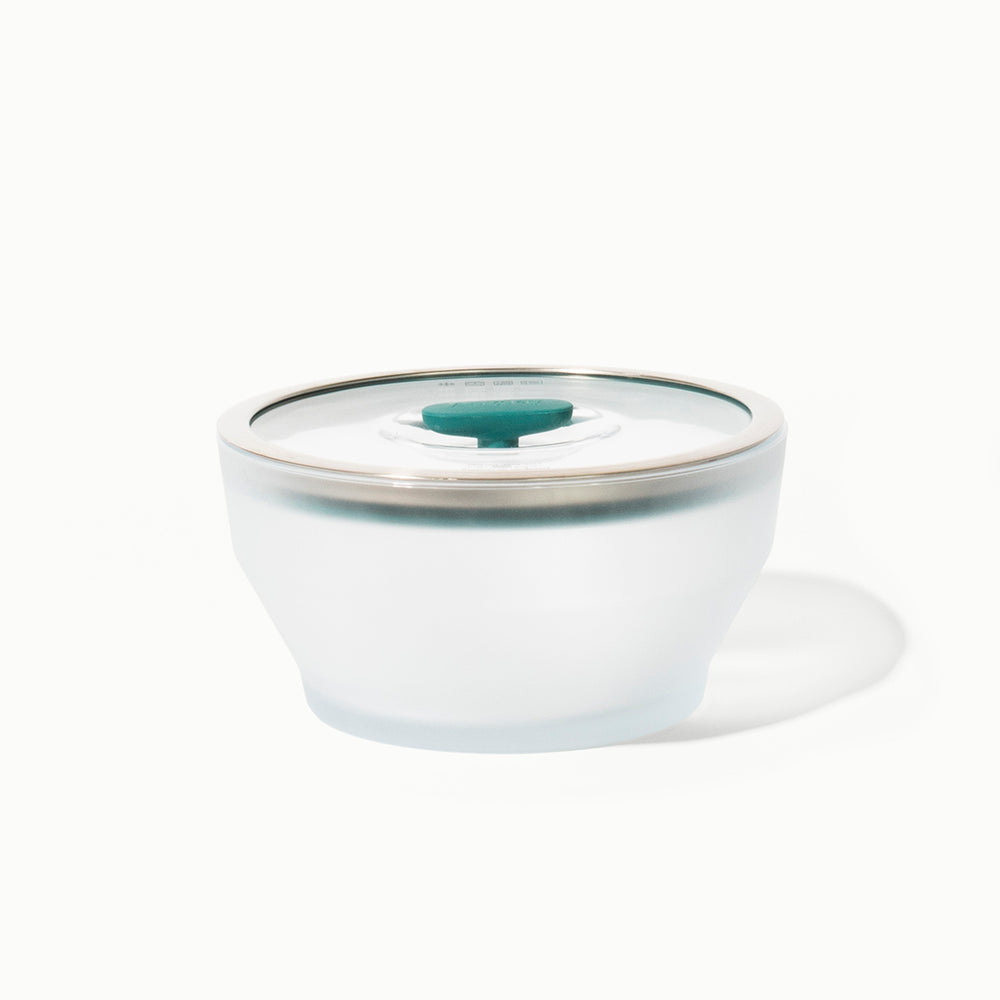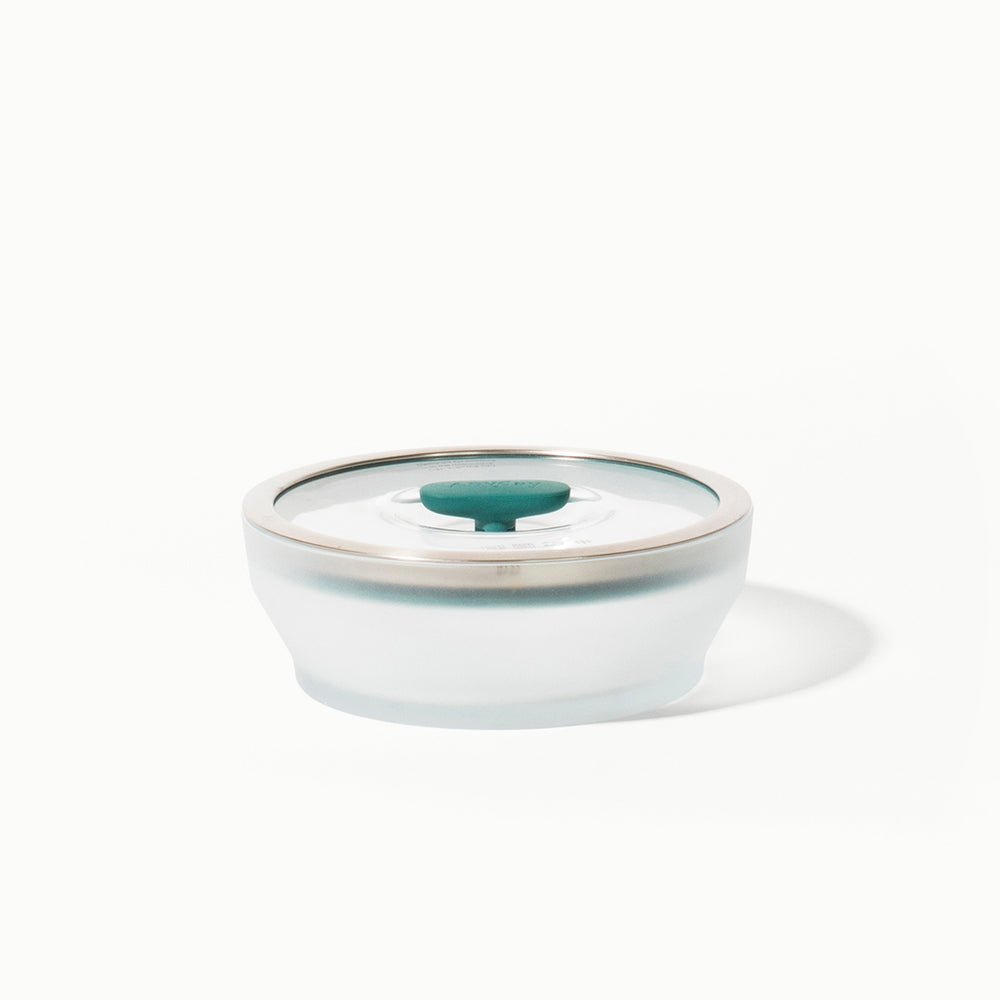Coconut oil is an edible oil derived from the meat or kernel of mature coconuts. It is extracted through a mechanical or chemical process, typically by pressing the coconut meat to extract the oil. Coconut oil is commonly used in cooking, baking, and as a cosmetic ingredient. However, is coconut oil healthy or not has been a matter of discussion for long! Cooking is a matter of personal preference and dietary considerations.
Table of Contents
Key Points About Coconut Oil:
Here are some factors to consider when deciding whether to use coconut oil in your cooking:
Saturated Fat Content:
Coconut oil is high in saturated fat, specifically lauric acid. Saturated fats have been associated with increased LDL (bad) cholesterol levels, which is a risk factor for heart disease. It's generally recommended to limit saturated fat intake and instead focus on consuming more unsaturated fats, such as those found in olive oil, avocados, and nuts.
Smoke Point:
Coconut oil has a relatively high smoke point, which means it can withstand higher cooking temperatures before it starts to smoke and break down. This makes it suitable for cooking methods that require high heat, such as frying or sautéing. However, if you're cooking at lower temperatures or using gentle cooking methods like baking or simmering, other oils with lower saturated fat content, such as olive oil, can also be suitable options.
Flavor and Aroma:
Coconut oil has a distinct flavor and aroma, which can be desirable in certain recipes and cuisines. It can impart a sweet and nutty taste to dishes. If you enjoy the flavor of coconut and find it complementary to your recipe, then using coconut oil can enhance the taste of your dish.
Can You Use Coconut Oil For Cooking?
Coconut oil has a long shelf life and is resistant to rancidity due to its high saturated fat content. This makes it suitable for cooking at high temperatures, such as frying or sautéing. In baking, coconut oil can be used as a substitute for butter or other oils.
Uses Of Coconut Oil:
In addition to its culinary uses, coconut oil is also popular in skincare and hair care products. It is often used as a moisturizer, hair conditioner, and ingredient in natural beauty remedies due to its emollient properties.
It's important to note that there are different types of coconut oil available, including refined and unrefined (virgin) coconut oil. Refined coconut oil undergoes processing, which may involve bleaching and deodorizing, while unrefined coconut oil is minimally processed and retains its natural flavor and aroma.
Is Coconut Oil Healthy?
Coconut oil has been associated with several potential health benefits. Here are some of the potential health benefits of coconut oil:
Medium-Chain Triglycerides (MCTs): Coconut oil is a rich source of medium-chain triglycerides (MCTs), specifically lauric acid. MCTs are metabolized differently compared to long-chain fatty acids, providing a quick source of energy. Some studies suggest that MCTs may aid in weight management by increasing feelings of fullness and boosting calorie expenditure.
Heart Health: While coconut oil is high in saturated fat, the impact on heart health is still a topic of debate. Some studies have suggested that coconut oil may raise levels of both HDL (good) cholesterol and LDL (bad) cholesterol, resulting in a neutral effect on the ratio of total cholesterol to HDL cholesterol. However, it's important to note that the overall impact of coconut oil on heart health is still not fully understood, and it is generally recommended to consume saturated fats in moderation.
Antimicrobial Properties: Lauric acid, which is a prominent component of coconut oil, has antimicrobial properties. It may help fight against certain bacteria, viruses, and fungi. These properties make coconut oil a popular ingredient in some natural remedies and oral hygiene products.
Skin and Hair Health: Coconut oil is often used in skincare and hair care products due to its moisturizing and nourishing properties. It can help hydrate the skin, improve skin barrier function, and provide a natural shine to hair. It is also used in some topical treatments for conditions like eczema and dry skin.
Oral Health: Oil pulling, a practice in which coconut oil is swished around the mouth, has been used traditionally for oral health benefits. Some studies suggest that oil pulling with coconut oil may help reduce harmful bacteria in the mouth and improve oral hygiene.
Conclusion:
It's important to note that individual responses to coconut oil can vary, and the overall impact on health may depend on factors such as overall diet, lifestyle, and individual health conditions. As with any dietary component, it's advisable to consume coconut oil in moderation and consult with a healthcare professional or registered dietitian for personalized advice based on your specific health needs.











Leave a comment